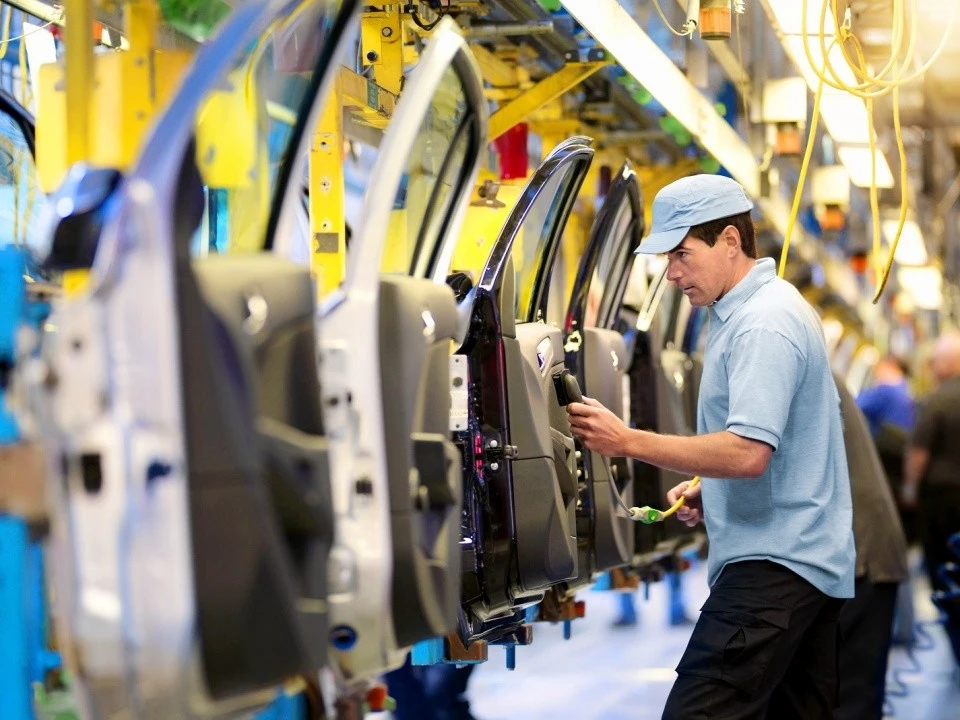Global shortages of semiconductor chips continue to disrupt the automotive supply chain, with Toyota and Volkswagen among the latest to restrict production.
For any car, all kinds of semiconductor chips are indispensable. The products involved include Infotainment, ADAS, ECU and various automotive electronic products. Covid-19, a new global market, has caused a sharp rise in demand for consumer electronics devices, including gaming system, mobile phone, notebook computer and tablet, which has led to a vacancy in chip supply.
Due to the lack of related parts, Honda plans to shut down or postpone the delivery of Civic in Swinton next week. This is the third time in two months that the British production line of the brand has been forced to stop production due to supply bottlenecks. Similarly, Toyota's production line in China is also affected by supply chain disconnection and parts shortage. According to reliable foreign news, Audi and Volkswagen have reduced the working hours of nearly 19000 workers due to the shortage of spare parts in German.
A Volkswagen spokesman said: so far, we will continue to work closely with suppliers to minimize shortages, and the impact on total sales has not been quantified. The impact of the shortage of spare parts in the first quarter of this year will continue, and the specific recovery of mass production remains to be seen. At present, it is very important to ensure the smooth supply chain and the safety of the company and the supplier's staff.

Ford's factory in Louisville, Kentucky, was idle earlier this week as manufacturers were forced to suspend production of Ford Escape and Lincoln Corsair. Fiat's Chrysler plants in Mexico and Canada have taken similar measures.
From the perspective of covid-19 development, the epidemic is still spreading, and the pressure of logistics supply is very high. The fact that sales of major automotive electronics manufacturers around the world are recovering from a sharp decline has exacerbated the shortage of automotive electronic chips.
Consumer electronics manufacturers are the highest value customers for semiconductor manufacturers because they have higher orders than automotive electronics manufacturers, according to a report by Bloomberg. The Bloomberg estimates that it produces one billion smartphones a year alone, while cars make less than a tenth of the number.









